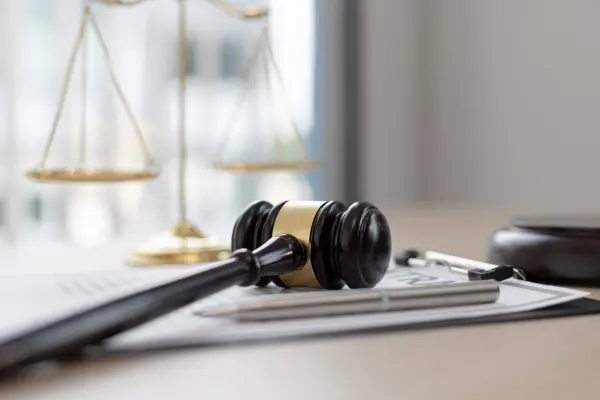The Impact of Social Media on Criminal Cases in Nashville

Social media has become a ubiquitous part of modern life, affecting everything from personal relationships to professional opportunities. In Nashville, as in many other places, social media also plays a significant role in criminal cases. Understanding how platforms like Facebook, Twitter, and Instagram can influence criminal investigations, trials, and outcomes is crucial for anyone involved in the legal system.
Social Media as Evidence
One of the most significant impacts of social media on criminal cases is its use as evidence. Law enforcement and prosecutors increasingly turn to social media to gather information and build cases. Posts, photos, videos, and even private messages can be subpoenaed and used in court to establish timelines, prove intent, or demonstrate behavior patterns.
- Public Posts: Anything shared publicly can be used as evidence without a warrant. This includes status updates, photos, and comments that are visible to anyone online.
- Private Messages: While private messages require a subpoena or warrant, they can still be accessed and used in court if obtained legally.
- Geo-Tagging and Location Data: Many social media posts include location data, which can place individuals at specific locations at particular times, potentially corroborating or disputing alibis.
Social Media and Jury Perception
Social media can also affect the perceptions of jurors. High-profile cases often attract media attention, and potential jurors may be exposed to information or opinions about the case before the trial begins. This exposure can influence their views and potentially bias their judgment.
- Pre-Trial Publicity: Extensive social media coverage can lead to preconceived notions about a case or defendant, making it challenging to ensure a fair trial.
- Juror Conduct: Jurors are typically instructed not to research the case or discuss it online, but violations can occur, leading to mistrials or appeals.
Defense Strategies Involving Social Media
Defense attorneys must be adept at navigating social media issues in criminal cases. This can involve both offensive and defensive strategies:
- Challenging Evidence: Defense attorneys may challenge the admissibility of social media evidence, arguing issues like authenticity, relevance, or violation of privacy rights.
- Using Social Media for Defense: Social media can also be used to support defense arguments. For instance, posts showing the defendant’s location at a different place and time can help establish an alibi.
- Mitigating Prejudices: Addressing potential biases from pre-trial publicity through careful jury selection and motions for change of venue or sequestration can be crucial.
Best Practices for Social Media Use
For those involved in criminal cases, understanding best practices for social media use is essential:
- Limit Posts: Avoid posting anything related to the case, legal issues, or anything that could be misinterpreted or used against you.
- Privacy Settings: Strengthen privacy settings to limit who can see your posts, but remember that nothing is entirely private online.
- Be Cautious: Refrain from discussing the case online, even in private messages, as they can be subpoenaed.
Conclusion
The impact of social media on criminal cases in Nashville is profound and multifaceted. From evidence collection to jury perception, social media can shape the outcome of legal proceedings in numerous ways. If you find yourself involved in a criminal case, it’s crucial to understand these dynamics and seek guidance from a knowledgeable criminal defense attorney. They can help navigate the complexities of social media evidence and ensure your rights are protected throughout the legal process.
For expert legal assistance and advice on how social media can impact your case, contact a reputable criminal defense attorney who can provide the guidance and representation you need.
